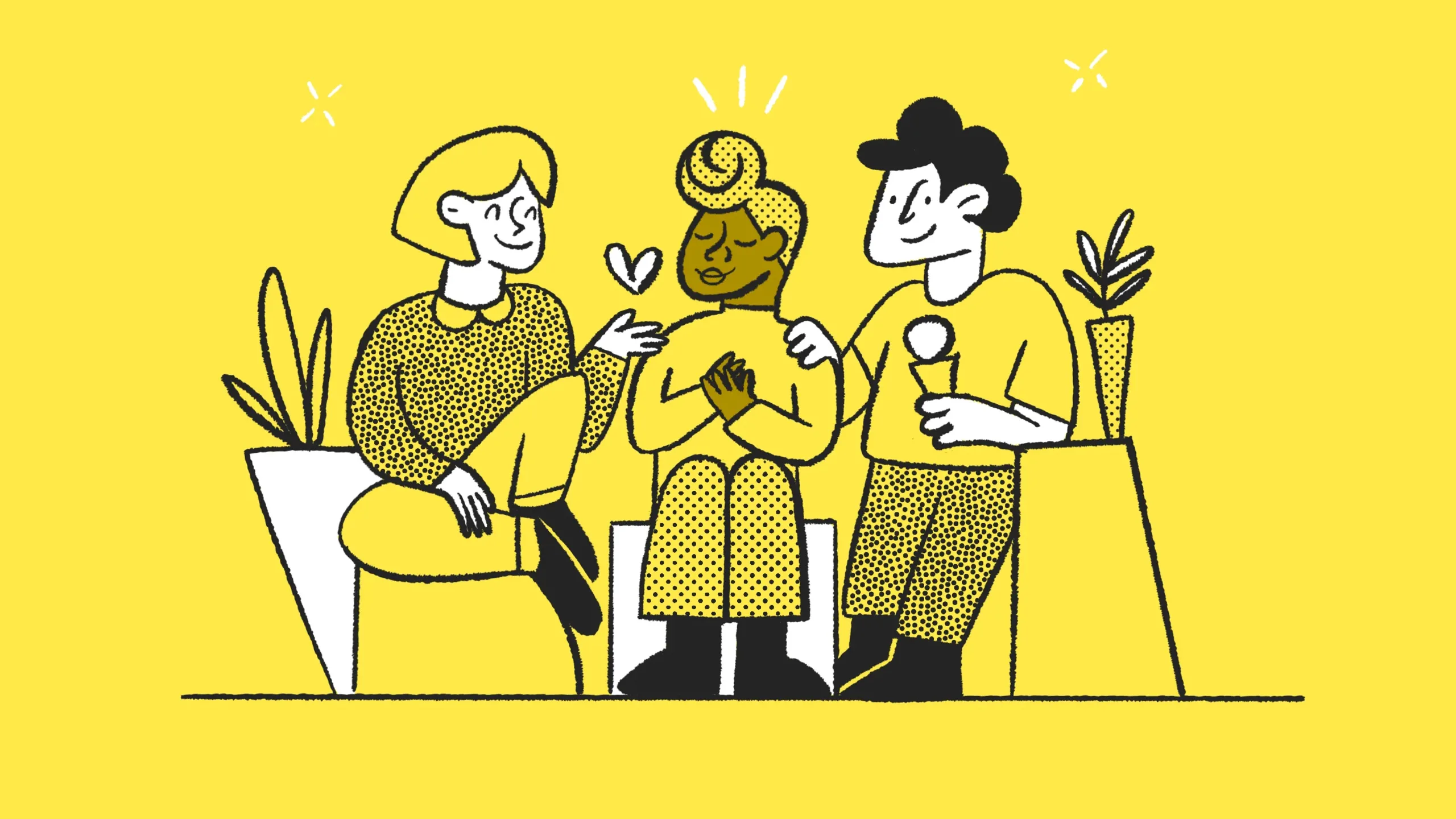
"But today, Matos has a way of connecting with others going through the same thing: an app called CancerBuddy. It connects patients, survivors, and caregivers through an array of filters like diagnosis, age, and gender identity. Users can swipe through CancerBuddy like a dating app to match and talk with others, and the app also has topic-based groups-there's one for young adults, one around nutrition, and even one for graft versus host disease."
"'Without this, I don't know where I would be in my survivorship journey, because I don't know who I would have leaned on that would have really gotten it,' Matos says. Before doctor's appointments, she often checks the group to see what others have shared. 'It allows me to feel like I can advocate for myself,' she says. 'I'm allowed to ask questions. I'm allowed to ask for more elaboration.'"
Amaya Matos faced acute myeloid leukemia at 19 and experienced prolonged isolation during treatment and remission. A stem cell transplant led to graft-versus-host disease, creating ongoing medical and social challenges. CancerBuddy provides filtered matching and topic-based groups so patients, survivors, and caregivers can find peers by diagnosis, age, and gender identity. The app allows users to swipe to match and join focused groups such as young adults, nutrition, and graft-versus-host disease, enabling real-time peer support and preparation for medical appointments. The Bone Marrow & Cancer Foundation launched the app in beta in 2022 and has begun hospital rollouts.
Read at Fast Company
Unable to calculate read time
Collection
[
|
...
]